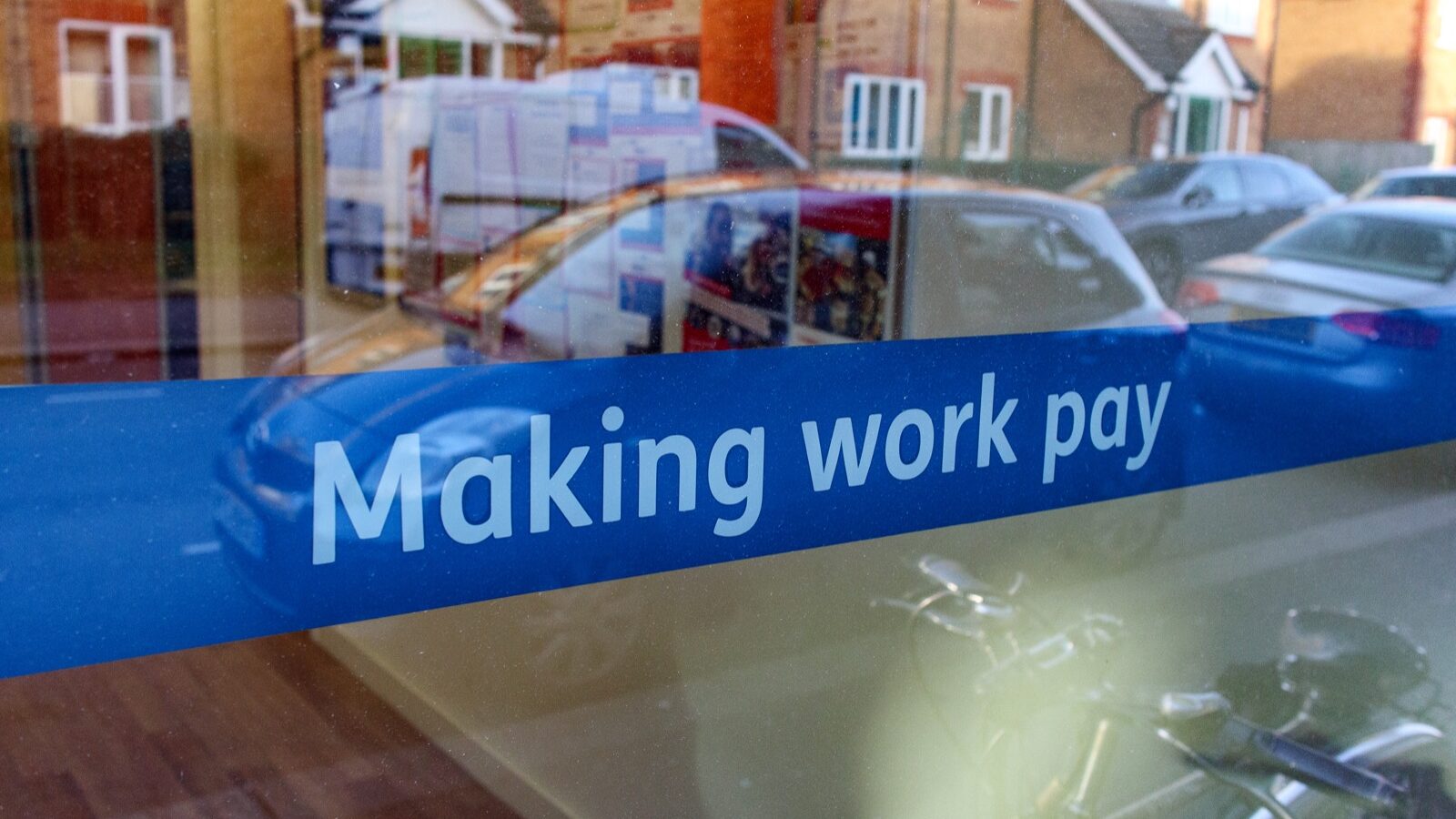Many people with a learning disability are likely to be aware of the failings of the Department for Work and Pensions (DWP) and the contractors who carry out services on their behalf. Unfortunately, poor administration, delays and mistreatment of claimants are problems frequently associated with this government agency.
However, rather than continue to put up with the DWP’s faults, clients have options to express dissatisfaction, get issues resolved and, in some circumstances, get financial compensation.
A client may complain about an issue that has not or could not be sorted out quickly and easily by frontline staff. This could include, for example, unreasonable delays to and mistakes in benefit claims, a lack of information, bad advice and mistreatment by staff.
Complaints can also be made to DWP contractors, including the private organisations that carry out face-to-face health assessments for disability benefits.
Advice agencies often hear of poor treatment by contractors. These run from clients being turned away from assessment centres because appointment slots have been overbooked to allegations that healthcare professionals have made incorrect statements in assessment reports.
There may be some crossover in the issues involved in challenging a decision and raising a complaint. For example, a client who appeals against a decision that they are fit for work may also have reason to complain about how they were treated by the health professional who carried out the related work capability assessment.
What to include
Complainants should provide a statement of what happened, when and where it happened, who was involved (including name/s of staff if known) and how it has affected them.
Essential information to provide includes the client’s full name, national insurance number, address and contact numbers and/or email address.
Complainants should tell the agency what they would like it to do to put things right. This might be to apologise or to take steps to prevent the same mistake from happening again, such as training staff.
The complaint should be made as soon as possible after the issue arose. It can be made over the telephone, in writing or in person (eg at a job centre). The client should note the names of any staff they speak to when making a complaint.
The process
Making a complaint about the DWP has three stages:
– Complaining to the office where the issue arose
– If the client is not satisfied with the DWPÕs response, asking for their complaint to go to a complaints resolution manager
– If the client remains unhappy, the complaint is passed to a senior manager.
Complaints to organisations carrying out work for the DWP, including private organisations that carry out face-to-face health assessments for disability benefits, usually involve at least a two-stage process, with the second stage being dealt with by a senior manager.
Once a person has been through all the internal complaint stages, if they remain dissatisfied, they can ask the government’s independent case examiner to consider their complaint; they have to do this within six months of the final response. If the independent case examiner accepts the complaint, they will look at how DWP responded to the complaint. It can suggest how the matter could be settled.
If the client does not agree with the response from the independent case examiner, and the complaint is about a government department such as the DWP, the client can ask their MP to forward their complaint to the Parliamentary and Health Service Ombudsman.
People can also ask their MP to intervene over a complaint to the DWP and other agencies. An MP may be able to apply pressure to get the matter dealt with more promptly and even raise the issue with a minister. However, because their surgeries are usually busy, MPs are likely to expect constituents to try to get their complaint resolved with the offending organisation before contacting them.
Clients may be able to seek compensation from the DWP if they can show they have lost out financially as a result of the agency’s error or delay.
For example, if a claimant was told by job centre staff that they could not claim employment and support allowance (ESA), and six months later were advised this information was wrong, they could claim compensation as ESA can be backdated for only three months.
“ It is possible to seek compensation for interest lost on arrears of benefit, expenses incurred and any hardship or distress experienced by the client It is possible to seek compensation for interest lost on arrears of benefit, for extra expenses incurred and for any hardship or distress experienced by the client”
If the independent case examiner or the Parliamentary and Health Service Ombudsman upholds the complaint, it may order the agency to pay compensation. It is possible to seek recompense for interest lost on arrears of benefit, extra expenses incurred and any hardship or distress.
All the agencies people contact about benefits have guidance on their websites about how to make a complaint to them.
Charlie Callanan is an adviser and writer on welfare rights
Department for Work and Pensions complaints procedure: http://tinyurl.com/qztgjhc
Parliamentary and Health Service Ombudsman – easy read information on making a complaint: http://tinyurl.com/y5w5t3n4





